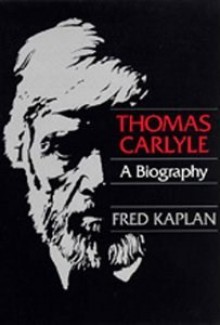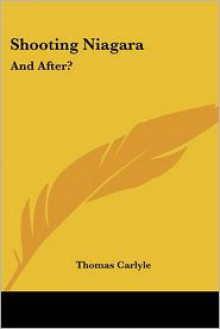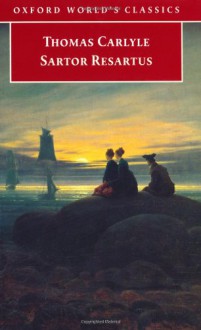
As a writer and historian, Thomas Carlyle stands as one of the dominant figures of Victorian literature. Growing up in Scotland, he was a shy boy who studied for the ministry and the law before deciding to embark on a career as a writer. After starting out as a literary critic he moved on to become a historian, outlining a vision of history as a chronicle of heroes who shaped events - a view that alienated him from the growing liberal and democratic trends of his time.
Drawing upon Carlyle's enormous correspondence and personal writings, Fred Kaplan provides a detailed study of the man. Much of Carlyle's life is uninteresting, coming across as constant intellectual anxiety and a never-ending concern about illness, frequently punctuated in his early years by moves in search of a more congenial locale. Yet Kaplan describes it in a surprisingly readable manner, one that moves the reader smoothly through what might otherwise be turgid stretches. His examination of Carlyle's tense marriage is especially strong; a woman of considerable gifts in her own right, she proved as popular in London's literary circles as Carlyle himself, though the pleasure she drew from this was often offset by her own frequent illnesses and fights with her husband. Punctuating all of this is Kaplan's analysis of Carlyle's ideas, which he often develops within the context of the historian's many contacts with the leading literary figures of his day - a perspective that adds further to his insights into his personality.
Yet while Kaplan's biography provides an excellent portrait of Carlyle's personal life, it lacks an examination of the very thing that makes him worthy of study - his writings. Kaplan does recount Carlyle's efforts to write his many books and essays, but the finished products themselves are never analyzed for what they said or how they were received by the reading public. This is a glaring omission in what is otherwise a fine study of an important Victorian historian, one whose work had a significant impact on the thought of his era.

 Log in with Facebook
Log in with Facebook 








